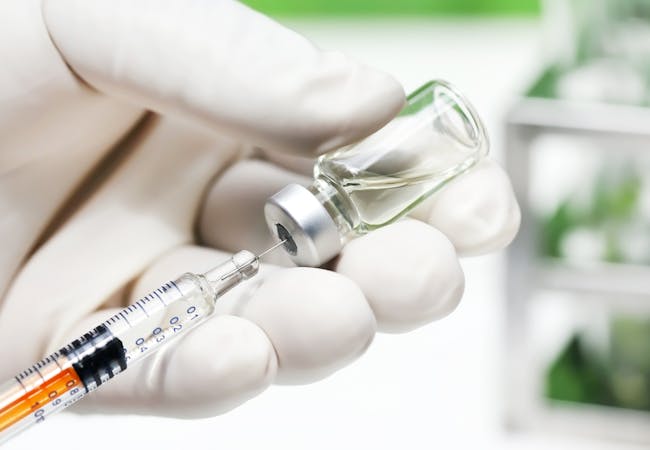Biologics are different from traditional systemic drugs that impact the entire immune system. Biologics only target specific parts of the immune system. The biologics used to treat psoriatic disease block proteins in the immune system, such as tumor necrosis factor-alpha (TNF-alpha), interleukin 17-A, interleukins 12 and 23, or interleukin 36 or they block the action of a specific type of immune cell called a T-cell. These cells and proteins all play a major role in developing psoriasis and psoriatic arthritis (PsA).
Biologics such as Enbrel, Humira, and Remicade are also considered disease-modifying antirheumatic drugs (DMARDs), which means they attempt to slow or stop the processes in the body that cause joint damage. They target a cytokine, or protein, called tumor necrosis factor-alpha (TNF-alpha) that causes psoriasis and PsA.
Your health care provider can share more information about biologics and if they are the best treatment for you.
